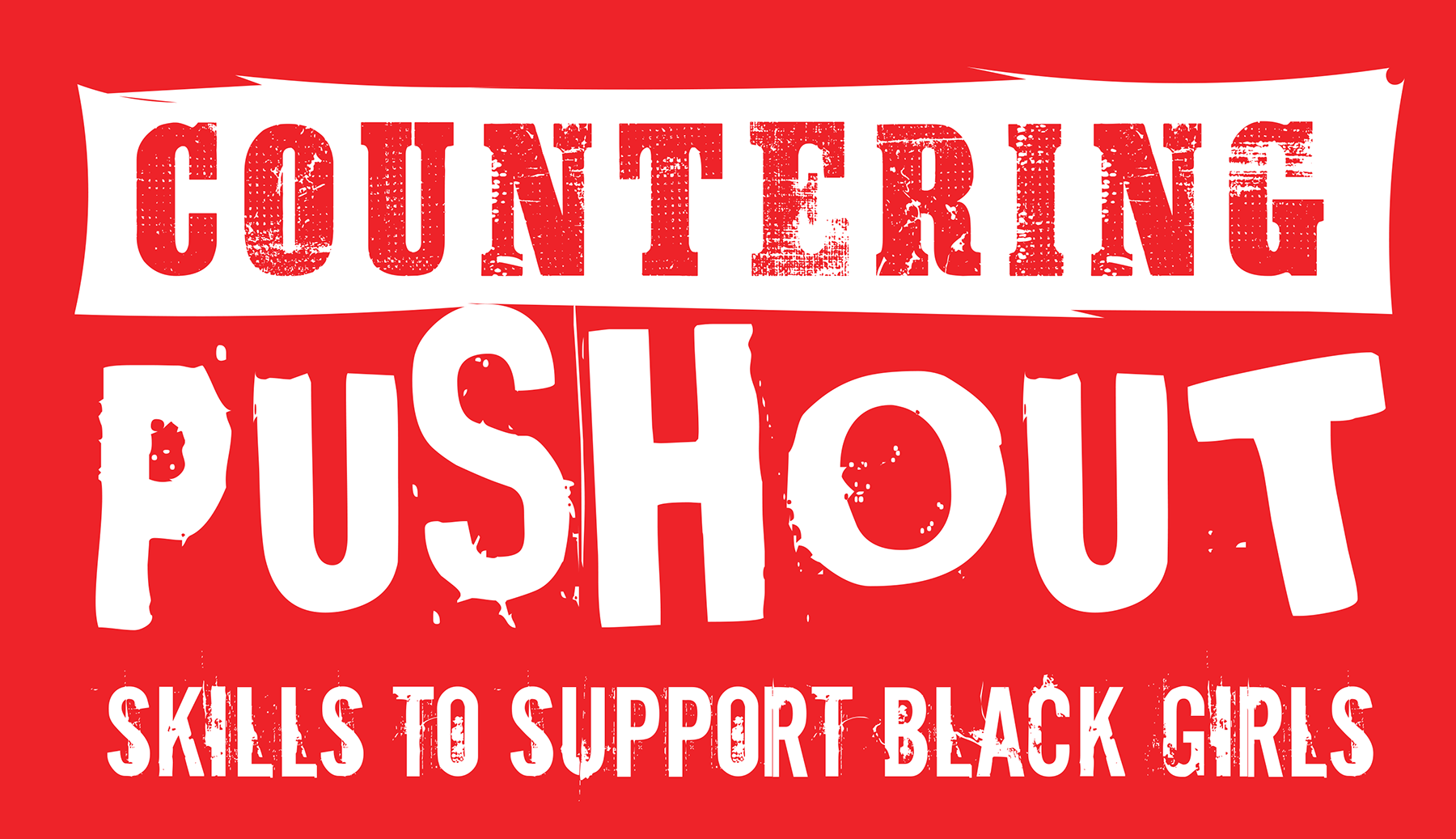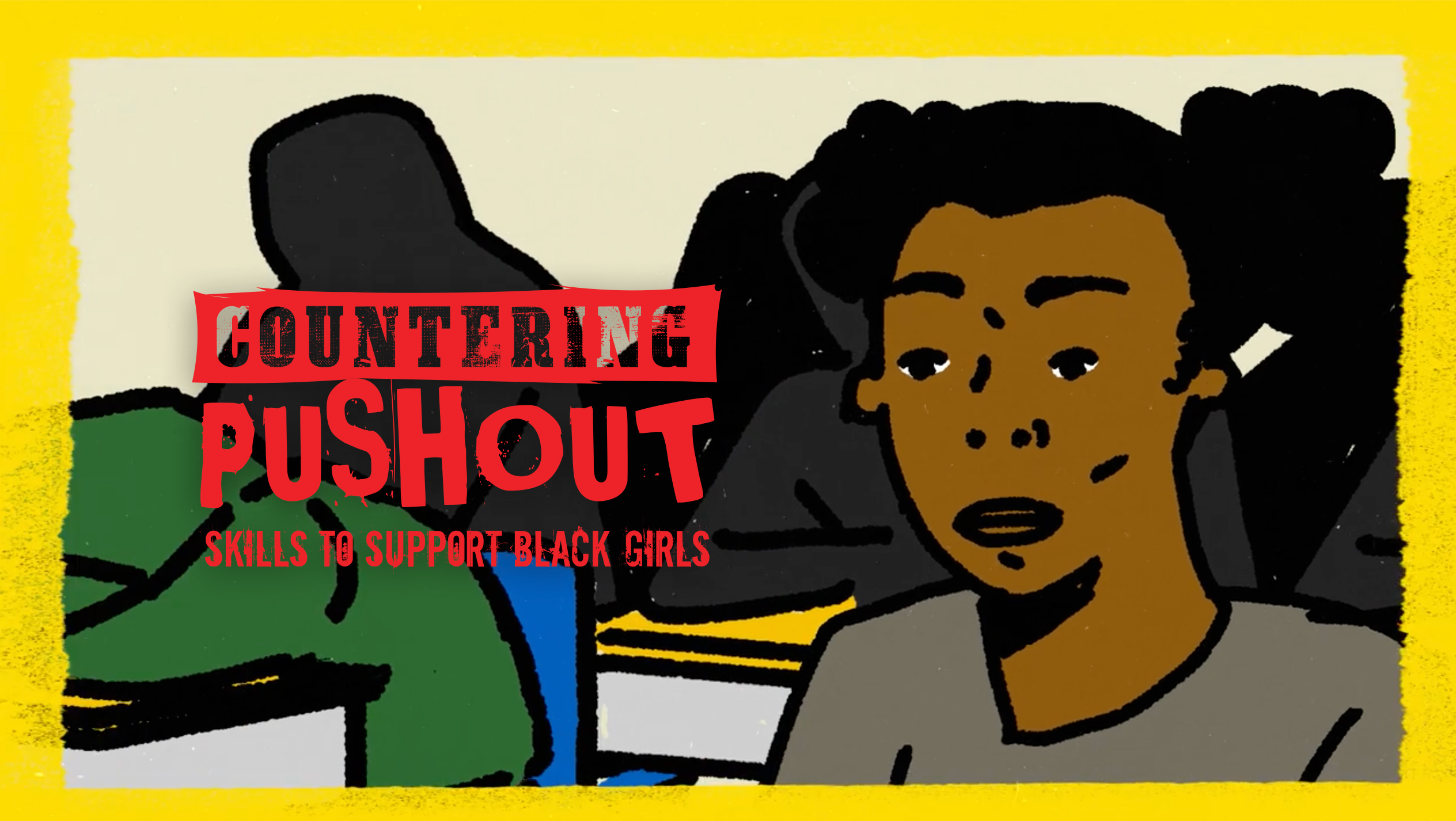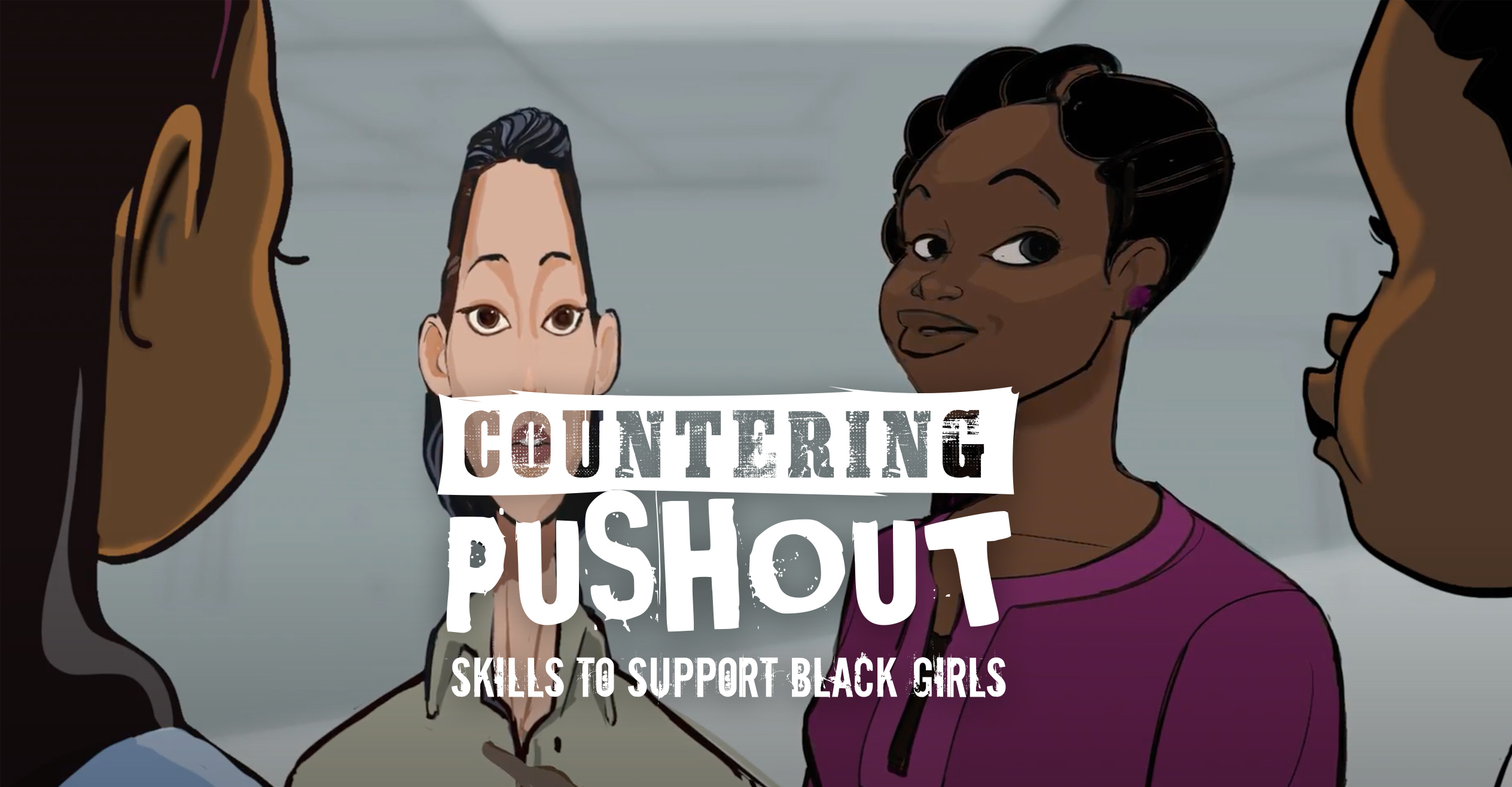
Lesson
KIARA
Subject
Grief─Deals with cell phones in class, the effect of COVID on classroom behavior, and ways of acknowledging grief.
Grade Level
Grades 6–12
DESCRIPTION
KIARA comes into class late slinking, into the classroom, she sits in the back holding her phone looking at the photo of the cousin she lost. At the start of the class, the teacher just told the students to put their phones away.
Experts discuss grief and how to interact with students to address what they’re going through without crossing a line – and how this past year has been particularly difficult for educators – short-handed, expected to do more – and what needs to change for the future.
EXPERTS
Monique Couvson, EdD (Formerly Monique W. Morris), Tyffani Monford Dent, PhD, Thalia González
Lesson
DEJA
Subject
Bullying─Deals with bullying, teacher “shaming” her students, and the impact of restorative practices.
Grade Level
Grades 6–12
DESCRIPTION
DEJA, not the most put together girl in school, is cyberbullied by Kanika, Jada, Destiny. The teacher sends those involved to a restorative circle.
Experts discuss the limitations of what can be accomplished in class and how Restorative practices can make a difference in students’ lives – getting them to listen to each other without bullying.
EXPERTS
Monique Couvson, EdD (Formerly Monique W. Morris), Tyffani Monford Dent, PhD, Thalia González
Lesson
Tasha
Subject
Health and Wellness — Mental, Emotional, and Social Health, Social Emotional Learning
Grade Level
Grades 6–12
DESCRIPTION
By learning to identify and understand the factors underlying disruptive behavior, teachers of Black girls can de-escalate conflict and model empathy and listening skills, thereby creating a safe and supportive educational environment.
Learning Targets:
Teachers will learn to differentiate between assertiveness and aggression.
- Teachers will learn strategies for addressing disruptive behavior and de-escalating conflicts.
- Teachers will be encouraged to model self-regulation, respect, and inclusiveness.
- Teachers will learn to use verbal and nonverbal cues to let students know they see them.
- Teachers will be given tips on how to talk to students and find out what they really need to feel safe and supported.
- Teachers will learn about the importance of respecting and appreciating generational and cultural differences.Teachers will learn that often the students who experience the most disruption in their personal lives will be the most disruptive in the classroom, behavior that can indicate they need help.
- Teachers will learn that humor is sometimes used by young people as a coping strategy.
- Teachers will learn that inclusion matters and curriculum needs to present diverse perspectives so that students feel they have something of value to contribute.
- Teachers will be guided in how to empower Black girls to advocate appropriately for themselves.
- Teachers will be given tips on how to become a trusted ally and partner, someone their students can go to for advice, guidance, and support.
- Teachers will be empowered to build relationships with their students, making extra efforts to make sure Black girls are seen and heard, so that their students are empowered to learn.
Lesson
Kayla & Amber
Subject
Health and Wellness — Mental, Emotional, and Social Health, Social Emotional Learning
Grade Level
Grades 6–12
DESCRIPTION
Through animated scenarios and advice from experts in the fields of social justice, gender equality, and educational equity, teachers learn about different approaches to disruptive behavior and are provided with tips for signaling to Black girls that they are seen and supported.
Learning Targets:
- Teachers will be introduced to the assumptions of “adultification” of Black girls and encouraged to recognize that Black girls need our protection.
- Teachers will learn about the importance of being aware of students’ family, community and neighborhood experiences and media influences.
- Teachers will be encouraged to be aware of different age group, ethnic, and cultural backgrounds.
- Teachers will be taught to eliminate the use of micro-aggressions.
- Teachers will learn the importance of modifying their own behaviors and reactions, so as not to trigger students.
- Teachers will learn the importance of listening to their students’ stories, identifying when deeper conversations are necessary, and building relationships of trust over time.
- Teachers will receive suggestions for how they might get to know their students at a deeper level.
- Teachers will hear about deconstructing adverse childhood experiences (ACEs) and how they impact students’ cognitive and behavioral development.
- Teachers will hear about the importance of learning how to deal with trauma, de-escalate conflicts, and get students the resources they need.
- Teachers will be encouraged to pursue professional development to better understand what empowers Black girls to learn and to motivate them.
- Teachers will be introduced to how they can help their Black girl students reject the internalized impressions society has fed them and learn to self-regulate their own bodies, minds, spirits, emotions, and intellects.





